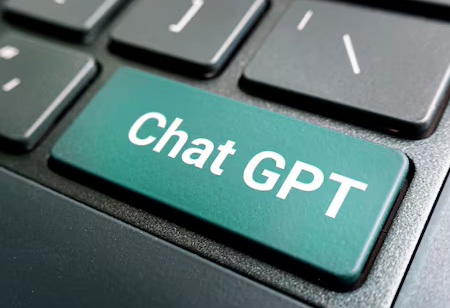OpenAI Urges Indian Court to Dismiss Book Publishers' in Copyright Case
OpenAI has requested an Indian court to dismiss a petition from a group representing Indian and global book publishers, who accuse it of copyright violations. OpenAI argues that its ChatGPT service merely shares publicly available information, according to legal documents.
The case, which was initiated last year by the local news agency ANI, is set to be heard in New Delhi on Tuesday. It could have significant implications for shaping the legal landscape of artificial intelligence in India, OpenAI's second-largest market by user base.
In recent weeks, book publishers and nearly a dozen digital media outlets, including those owned by billionaires Gautam Adani and Mukesh Ambani, have joined the case to contest the AI giant.
The Federation of Indian Publishers, which represents various Indian companies as well as international names like Bloomsbury and Penguin Random House, has claimed that ChatGPT generates book summaries and extracts from unlicensed online sources, negatively impacting their business.
In a non-public court filing dated January 26, OpenAI responded by stating that the information used was sourced from publicly available platforms like Wikipedia, as well as abstracts, summaries, and tables of contents published on the websites of the publishers involved.
"Web-crawlers are designed to only access publicly available data," OpenAI said in its 21-page response to the book publishers' argument.
The book publishers have "entirely failed to demonstrate even a single instance" that OpenAI services are trained on "original literary work," it said. Pranav Gupta, the secretary of the federation, said that much of the book-related content displayed by ChatGPT was scraped from websites that have licensing agreements with book publishers.
OpenAI asserts that it only uses publicly available data in a way that is protected by fair use principles. When asked for comment on Tuesday, the company directed Reuters to its previous statements and the court filing contesting the claims of book publishers.
In its initial response to the ANI case, OpenAI also argued that Indian judges do not have jurisdiction to hear the case, as its servers are located outside of India.
The case is one of many being heard worldwide, where authors, news organizations, and musicians have accused tech companies of using their copyrighted work to train AI services without permission or licensing.
🍪 Do you like Cookies?
We use cookies to ensure you get the best experience on our website. Read more...






.jpg)